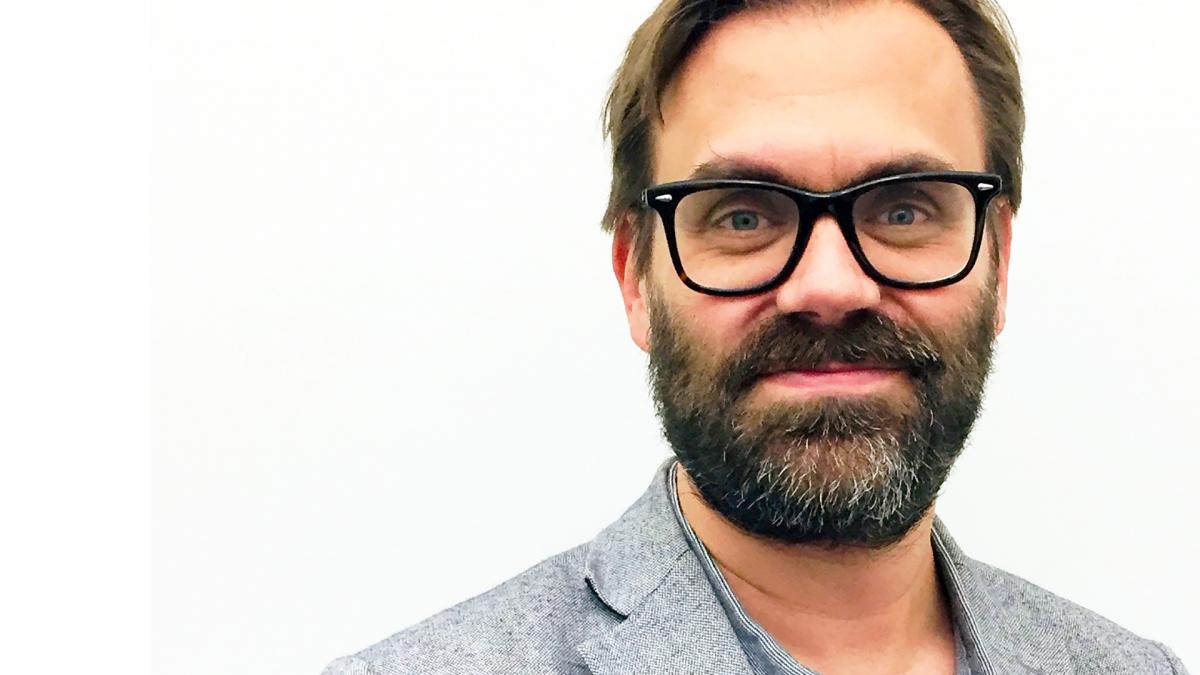Doctoral dissertation: Sources of funding steer the operations of cultural centers
The harder cultural centers must work to acquire funding, the more likely their operations are reformed and shaped based on their operational environment and wishes of their target audience. This is one of the findings in Järvinen’s doctoral dissertation titled The challengers of public cultural centers. A mixed method study on private cultural centers in Finland, which will be examined at the University of the Arts Helsinki’s Sibelius Academy on 16 March.

In his doctoral dissertation, Porvoo-based Järvinen interviewed twenty representatives from four private cultural centers. He also conducted a survey with participants from over a hundred cultural centers located across Finland. Järvinen investigated how different sources of funding influence the operations of cultural centers. He discovered four different ownership models in his research.
“Most of the Finnish cultural centers operate with municipal funding. The second largest group was private cultural centers, which are primarily run by organizations and companies. There are also hybrid models where a municipality and a private operator own their own share of the operations or the center. In the fourth ownership model, the cultural center is run by a limited company owned by a municipality”, Järvinen explains.
Järvinen noticed that the more work a cultural center must do to acquire funding and the more sources of funding it has, the more likely the center is to transform itself and to react to the changes going on in its operational environment. A cultural center that receives automatic funding regardless of whether its events gain large audiences do not often evaluate their operations as critically as an operator that is more financially dependent on external sources of funding.
“When the funding doesn’t depend on ticket revenue, a cultural center is not forced to think about whether it is doing “the right things” to cater to its audience, at least not to the same degree. Privately funded cultural centers, on the other hand, cannot make a loss. For them, the ability to react quickly is an absolutely vital skill in order to survive in the business”, Järvinen notes.
Across the board, the cultural centers that participated in the research wanted to highlight the fact that whatever the source of funding is, they must operate according to the missions that have been set for their operations, with art as the main priority.
“In light of my research, I encourage cultural centers to engage in even bolder cooperation: to make shared productions, to think outside the box and to come up with new ways to renew their operations”, Järvinen summarizes.
Interview requests:
Karoliina Pirkkanen
Communications officer, Sibelius Academy, Uniarts Helsinki
karoliina.pirkkanen@uniarts.fi
Further information:
Tomas Järvinen, tomas.jarvinen@uniarts.fi
Public examination of Tomas Järvinen’s doctoral dissertation
16 March 2019 at noon, Helsinki Music Centre, Black Box, free admission
Title of the dissertation: The challengers of public cultural centers. A mixed method study on private cultural centers in Finland
Opponent: Eva Boxenbaum
Custos: Tanja Johansson